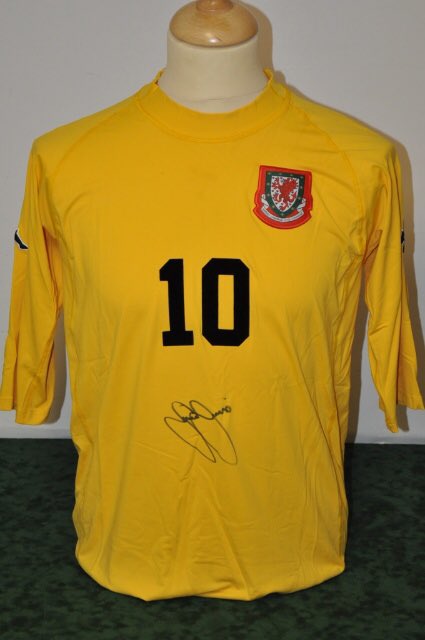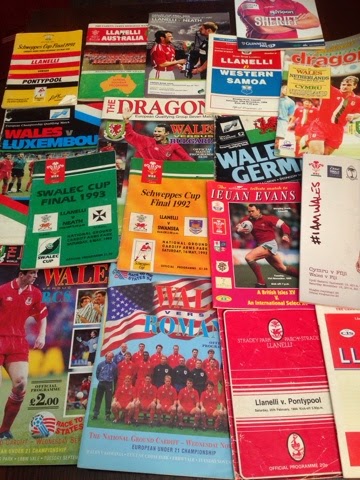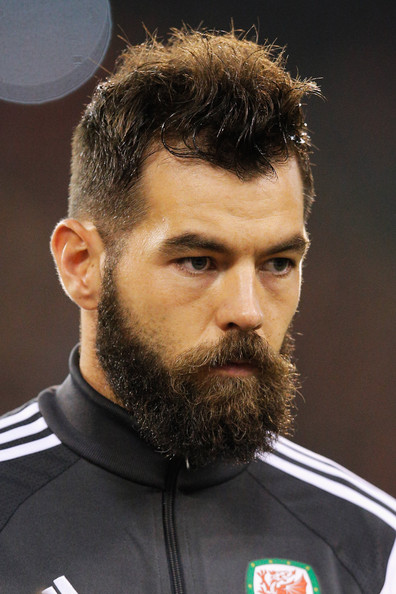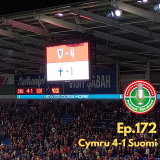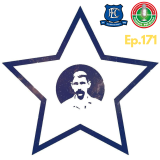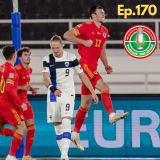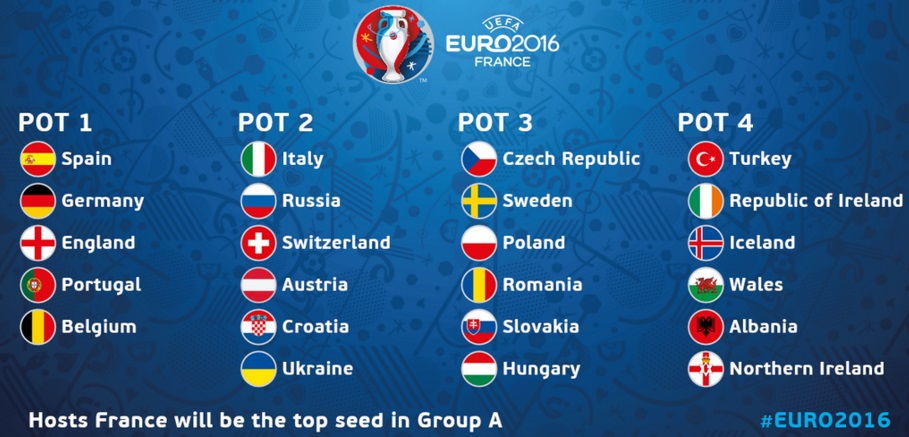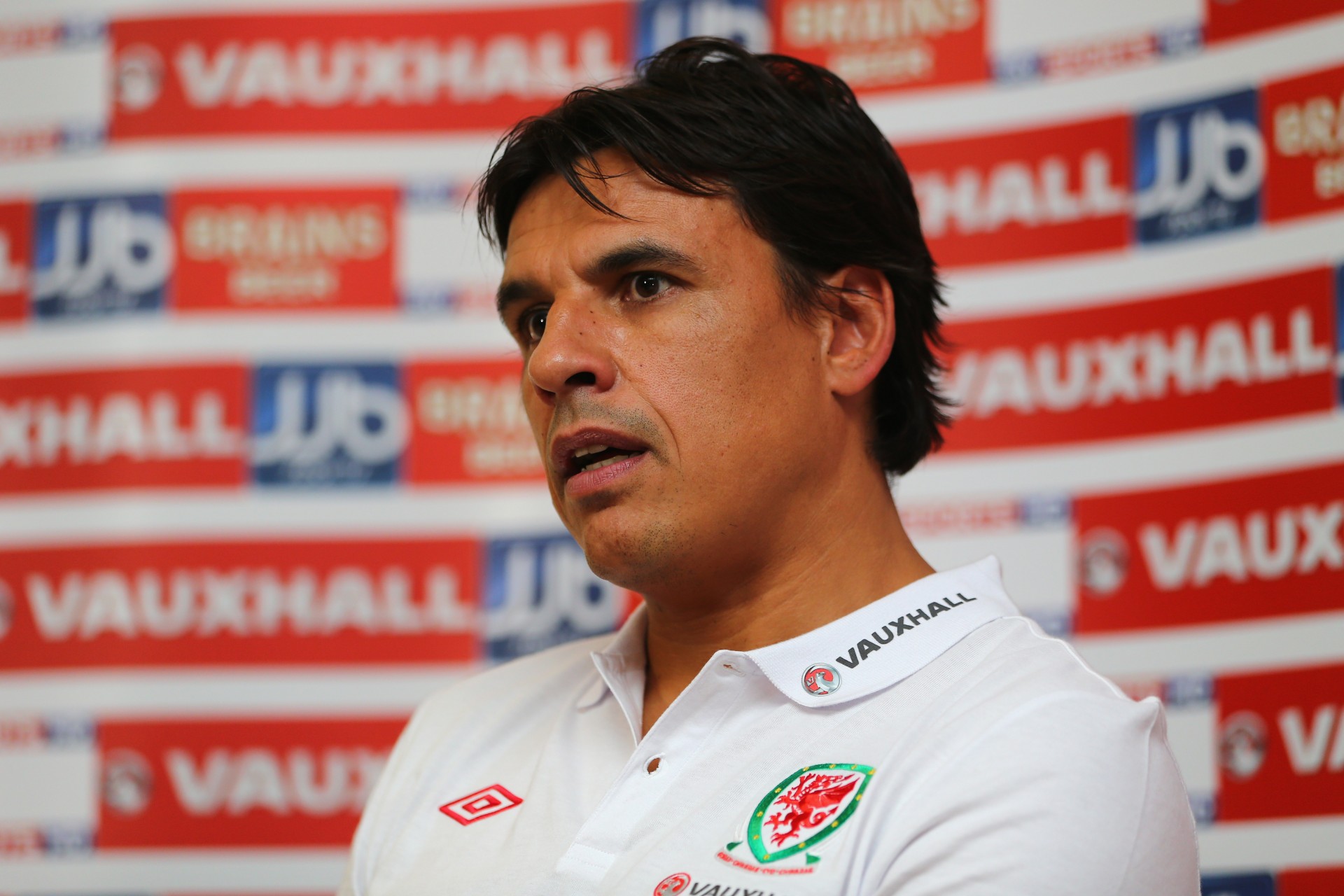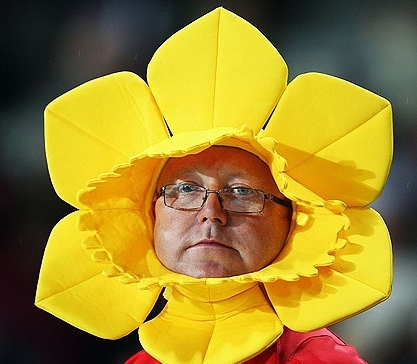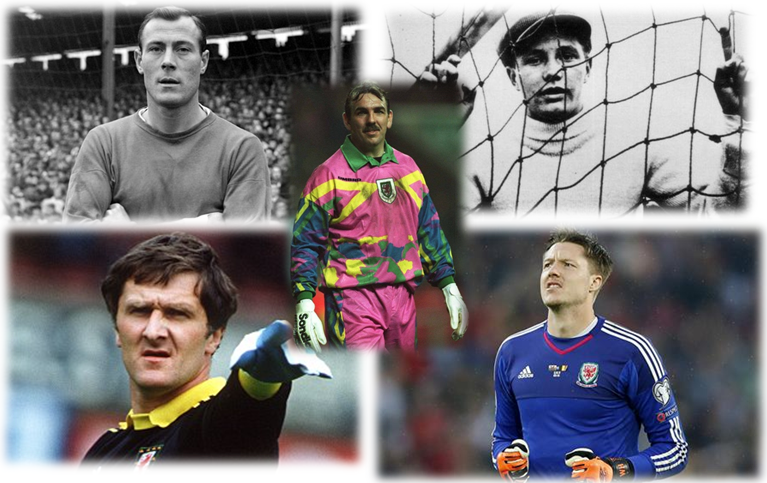Preview of Brian Flynn – Little Wonder by Leon Barton
“I’ve just Cruyffed them”
Hal Robson-Kanu
Stade Pierre Mauroy lies on the eastern edge of the French city of Lille, less than three kilometres from the A22 autoroute. Follow the road east for a few minutes and you’re in Belgium. In less than an hour you’re in Ghent. Turn right for Brussels, left for Bruges, or keep going another half hour or so for Antwerp. Nobody in Belgium lives more than an afternoon’s drive from Stade Pierre Mauroy.
All day they had poured over the (now largely meaningless) border, although to what extent there ever really was a ‘border’ in the cultural sense is debatable – additionally so with Lille being a Flemish speaking city. There’s even a fairly funny film about it: Rien a Declarer (Nothing to Declare), set in the days when customs posts between the two countries were being rendered obsolete by European integration. Short of playing in Belgium itself, it was the ideal location for the Red Devils’ vaunted ‘golden generation’ to deliver in the latter stages of an international football tournament. There was no shame in a narrow World Cup quarter-final defeat to Lionel Messi’s Argentina on South American soil, but two years on – two years of Champions League experience, of added squad depth, of trophies and personal awards, of eye–watering transfer fees – they had another date in the last eight, and this time it felt very different.
Expectation amongst the day-tripping hordes was high – there was little reason for it not to be: They were about to watch their national football team – a side which had spent the previous two years locked inside the top four of the FIFA world rankings – playing a nation a quarter of their size, competing in their first tournament for 58 years. ‘Man-for-man, Belgium are in a different league to Wales’, stated London’s Metro newspaper: ‘Class will tell’. Belgium’s 4-0 hammering of Hungary at the last 16 stage contrasted starkly with Wales’ match; a nervy 1-0 victory over a very limited Northern Ireland side thanks to a late own goal. Yes, the Welsh had defeated their quarter-final opponents just over a year earlier, but that was at the Cardiff City Stadium, a game in which the Belgians had dominated possession, but paid the price for a defensive lapse from Roma’s Radja Nainggolan. Few expected lightning to strike twice.
With 15 minutes of the match gone, everything was going according to the script. An early penalty box scramble seemed a prescient warning, with Welsh defenders throwing themselves at the ball before eventually relieving the pressure. There was no such relief minutes later as Nainggolan was given too much room to shoot and atoned for his Cardiff error in fine style, giving Belgium a deserved lead with a spectacular strike. With Hazard, De Bruyne and company leading their underdog opponents a merry dance, the common view was that more Belgian goals were inevitable.
What actually transpired was surely the greatest 75 minutes in the 140-year history of Welsh international football.
Neil Taylor – up from left wing back and showing more attacking confidence following his surprise goal against Russia in the group stage – had the first chance to equalise as the ball broke to him the box after good work from Aaron Ramsey, with Thibaut Courtois showing his undoubted class with a superb save. But with the Welsh looking increasingly confident, a leveller didn’t feel far away and, just past the half hour mark, it came. A pin-point corner delivery from Ramsey and a clever player-split in the box left the Belgian defenders confused as to who to pick up. No-one stayed with skipper Ashley Williams, whose powerful downward header benefitted from De Bruyne’s inexplicable step away from the post. 1-1. That’s how it stayed until the break, but with Wales ending the first half on top, surely a Belgium response could be expected at the start of the second.
A response came, but just as it seemed Belgium would wrestle back total control, something unexpected and extraordinary occurred. Gareth Bale, inside his own half after being forced back into defensive duty, hit a long pass towards the right hand side of the Belgian penalty box. The irrepressible Aaron Ramsey – making yet another lung-busting cross-field run – controlled the ball with customary ease and turned in a tight spot before finding Hal Robson-Kanu in the penalty box with his back to goal. Surrounded by three defenders, the obvious play would have been a pass to the onrushing Taylor, but Robson-Kanu had other ideas, fooling the Belgians with an audacious Cruyff Turn. It all felt quite surreal as the goal opened up and the out-of-contract former Reading forward slotted the ball away. 2- 1 Wales.
With Belgium again ratcheting up the pressure in their quest to at least send the game into extra time, the Welsh lead was feeling particularly precarious. With only five minutes to go, another ‘out ball’ down the right hand channel found Chris Gunter attacking the space in front of him. Would the wing back head for the corner to eat up some more precious time? No – substitute Sam Vokes demanded the ball be crossed, Gunter duly obliged and, nipping in ahead of Tottenham’s Toby Alderweireld, the big Burnley striker headed home with power and panache. 3-1, game over: Wales into the semi-final of a major tournament for the very first time.
Belgium’s fans – and the wider football world – were left stunned. Although it would be disingenuous to deny the result was anything but a surprise, it was, for a small band of the most loyal Wales fans (loyal is the polite word – deluded and demented are just two of the less polite ones) perhaps slightly less of a shock. Those who had chosen to shine a light into the hidden corners of Welsh football during the largely barren decade that proceeded Euro 2016, might, just might, have got a sense that a night like Lille was possible.
With one exception, every Welsh player mentioned so far was given his Wales debut for the under-17s, under-19s or under-21s by intermediate team manager Brian Flynn, in a largely golden period below senior level between 2005 and 2012. Ramsey, Bale and Gunter were barely out of school when first picked for the under-21s. The teenage Taylor shone at that level despite playing for non-league Wrexham at the time. Goalscorers Sam Vokes and Hal Robson-Kanu were born and bred in the south of England, but came to represent Wales after Flynn discovered both had Welsh grandparents. The exception was Ashley Williams, who, at 23, was too old to play intermediate football when an enquiry into possible Welsh roots was made while he was playing for fourth tier Stockport County. The question was asked based on nothing more than his Welsh surname. The name of the enquirer? Brian Flynn.
Of course, some would point to the Welsh glory days in France being down to little more than sheer luck, a once-in-a lifetime collision of the stars: golden generations are born, not made. But in my view that’s an over-simplification. Certainly, former Wales manager John Toshack – a man not normally known to be shy about trumpeting his own achievements – was in little doubt where praise should be due when invited to take the plaudits for Wales’ French adventure; “Brian deserves so much credit — the plan was to find Welsh players wherever we could and he was brilliant at it … he put the miles in. If your dog was Welsh, Flynnie would know about it.”
If Toshack was the architect, Flynn was the master builder, the man prepared to get his hands dirty while the boss sunned himself in Spain, and given a broad remit in the newly created role of Wales intermediate team boss – youth guru the snappier unofficial title. It was a job he attacked with gusto from day one, turning a Welsh under-21 team that had not long before – between 1997 and 2002 – gone fully five years without a win, into one of the best in Europe, stunning mighty football nations like France and Italy with deserved wins. Former England striker turned pundit Stan Collymore described the victory over Italy in 2009 as “the best British Isles technical performance I have seen live since England at Euro ’96.” Those players were the bedrock of the side that beat Belgium.
This book is the story of that team. But it’s more than that.
It’s the story of how a man who stood at less than 5 foot and 4 inches not only survived, but thrived, in the agricultural world of British football in the 1970s and 1980s, playing several seasons of top flight football for Burnley and Leeds United and winning 66 Wales caps along the way.
It’s the story of nearly 14 years spent managing Welsh clubs in the English pyramid system, leaving a legacy at Wrexham that was subsequently squandered, and one at Swansea City that was built upon to stunning effect.
And it’s the story of how, from the lows of perpetual heartbreak and failure, in 2016 Welsh football finally stepped out from under the shadow of rugby union, having painstakingly built a team to make the nation proud.
Because, perhaps more than any other individual, the story of Brian Flynn is also the story of the game in Wales over the past four and a half decades. As a player, coach and manager – club and country – it’s difficult to think of anyone else who has contributed more on the frontline in that time.
This is Flynn’s story.

